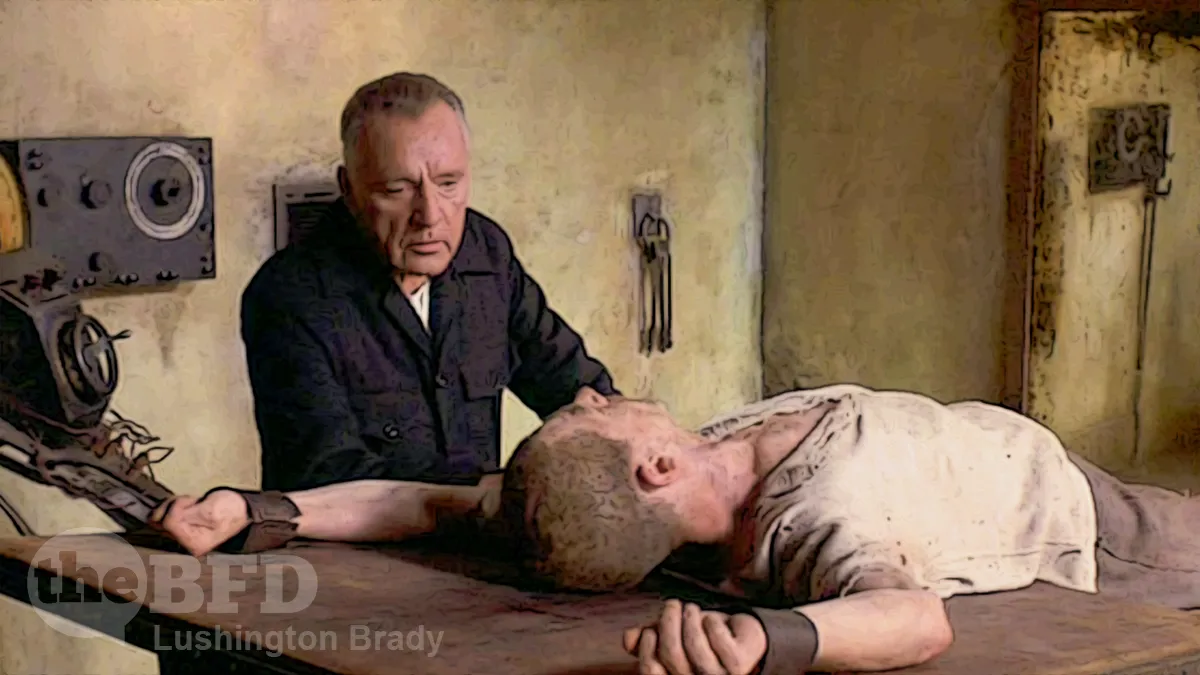Table of Contents
Veteran journalist Glenn Greenwald recently wrote that: “Anyone who claims to be: a ‘disinformation expert’; an ‘anti-extremist expert’; an ‘online safety expert’ is a fraud. These are fake expertises that do not exist, that are inherently politicized and subjective, and that are designed to disguise ideology as science.”
Greenwald might well have been pointing to NZ’s very own Stasi agency, the so-called “Disinformation Project”. Who, in true Orwellian fashion, seem to be more concerned with spreading disinformation than stopping it.
However, despite their efforts, there are still plenty of people who are easily led by misinformation in New Zealand.
Well, yes, as the latest Trust in News report shows, despite more and more people turning off, there are still an extraordinary number of Kiwis willing to be lied to by the government-funded legacy media such as TVNZ. Which, coincidentally, is a prime platform for the Disinformation Projects’ disinformation.
The Disinformation Project’s last major appearance in the media was in a state-funded documentary called “Web of Chaos” on TVNZ.
The documentary had intriguing moments, particularly in showcasing how certain conspiracy theorists shifted their focus from anti-government rhetoric to the conflict in Ukraine, as a result of being influenced by pervasive Russian propaganda.
As opposed to being influenced by the barrage of non-stop Ukrainian propaganda…?
But, gosh, golly — why would any New Zealanders have reason to distrust their government?
In an interview with RNZ, Sanjana Hattotuwa, one of the researchers from the Disinformation Project […] including legislation and community-based initiatives, but did not provide any examples. What makes him an authority figure of truth?
Presumably by virtue of being such a virtuoso dissembler.
Hattotuwa recently said there has been a disturbing increase in anti-transgender sentiment following the rally in Auckland that disapproved of Posie Parker‘s presence. While it is undoubtedly true that such sentiments are cause for concern, it is evident that Hattotuwa’s comments were intended to unfairly discredit and vilify critics of the counter-protest.
This kind of propaganda is dangerous. It creates a false narrative that casts legitimate dissent and criticism as hate speech and attempts to silence those who hold differing views.
By labelling critics as “transphobic” or “bigoted”, his comments serve to stifle open and honest discourse while simultaneously inflaming tensions and further polarising society.
But if Hattotuwa is a mendacious looney, he’s in the right asylum. Occupying the padded cell next door is gibbering conspiracy theorist Kate Hannah.
“If you see a very beautiful, fair-skinned blonde or red-haired child with beautiful braiding in her hair and some flowers, just take a step back a bit,” she stated.
Not to mention the healthy food. Healthy food, people! The horror! Next thing you know, they’ll be reading classic literature, and then where will we be?
The Disinformation Project’s lack of scrutiny towards government officials and medical “experts” has raised concerns about its impartiality, with some accusing the organisation of being an extension of Labour.
No! I mean, what has the government ever lied to New Zealanders about?
It wasn’t all that long ago that Jacinda Ardern went on national television and said “in fact we entirely expect that people who are vaccinated will still get COVID-19. It just means that they won’t get sick and they won’t die.”
Ardern also said the virus was “literally finding unvaccinated people.”
There were individuals like Professor Rod Jackson who claimed that without vaccination, everyone in New Zealand would inevitably contract COVID-19, leaving no alternative. Despite the abundance of evidence pointing to the falsehood of these claims, no scrutiny or criticism was directed toward these misleading comments, which suggests a concerning lack of accountability for spreading misinformation.
Just as families were beginning to heal after being torn apart by divisive arguments over vaccines, the government doubled down on efforts to create more divisions, urging citizens to be suspicious of their own friends and family.
And, every step of the way, the Disinformation Project smiled and nodded in approval.
Ironically, in a TV interview, Hannah stressed the importance of questioning power. However, she fails to apply this to her own advocacy, where she appears to be serving as a mouthpiece for the government’s agenda rather than objectively scrutinising it.
Chris Lynch Media
There’s no “appears to be” about it.
In another interview, she identified a group that is particularly susceptible to disinformation – those who consider themselves educated, well-read, and possessing good critical thinking skills. According to her, these individuals are more likely to believe in their own conclusions and less likely to be swayed by others.
Is anybody going to tell her?









